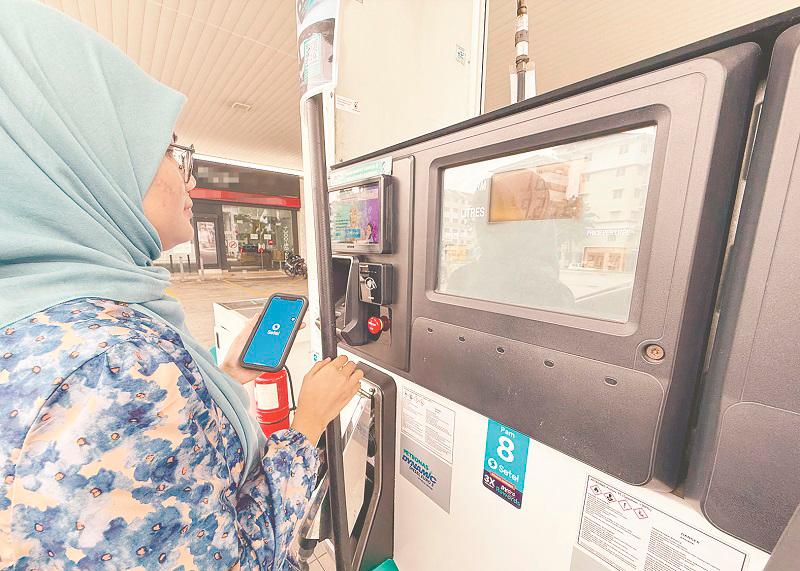PETALING JAYA: While the government plan to use MyKad and e-wallets for RON95 petrol subsidies aims to ease the public’s burden and address subsidy leakage and smuggling, data security and hacking remain a serious concern.
Universiti Teknologi Mara Institute of Transport head of legal and quality Dr Siti Ayu Jalil said although the details and mechanism of the plan are unclear, worries have arisen over the potential risks to data security
and privacy.
“Consumers face heightened security and fraud risks, such as making payments to unverified merchants, exposure of private details or potential data breaches. Additionally, if a phone is stolen, a thief could gain access to the e-wallet.”
On Nov 12, Deputy Finance Minister II Datuk Seri Amir Hamzah Azizan said the subsidy retargeting system, estimated at around RM12 billion for 85% of the population, is expected to be finalised before its rollout in mid-2025.
He said the targeted subsidy approach for RON95 would follow similar principles used for electricity and diesel subsidies, involving a tiered pricing system.
“The main objective is not to burden the public but to curb subsidy leakage and smuggling, which have primarily benefited foreign nationals and businesses.”
However, Siti Ayu said if robust cybersecurity measures are not implemented, data could be vulnerable to unauthorised access, leading to identity theft, financial fraud or misuse of personal information.
She said ensuring data encryption, regular system audits and secure authentication methods are critical to safeguarding user information.
“The government and financial institutions must educate the public and promote safe digital payments. They must be transparent about how users’ data are being used to guarantee the security and reliability of the subsidy distribution payment system.”
She said using MyKad and e-wallets as the mechanism to distribute RON95 may seem handy for the younger generation who are more familiar with digital tools, but it may not be user-friendly for the elderly.
She added that this group may be cautious about using digital payment systems, given their unfamiliarity with such technology.
“According to chief statistician Datuk Seri Dr Mohd Uzir Mahidin, those aged 60 and above represent 11.6% or 3.9 million of
the population.
“Bear in mind that this vulnerable group often has the utmost need for subsidies and the government should be sensitive and cater to their needs, instead of putting obstacles in their way.”
Siti Ayu said the impact of fuel affordability for rural populations with limited digital infrastructure is something to worry about.
She said it could hinder their ability to benefit from the proposed subsidy mechanism, potentially worsening inequalities between urban and rural areas.
“To address these issues, the government must prioritise enhancing digital infrastructure in underserved areas before rolling out the system.
“Creating awareness and being proactive in educating and providing information to rural folks is vital while transparency is equally crucial to building trust among
rural populations.”
She said the government should address issues about foreign nationals and businesses misusing subsidies meant for Malaysians.
She also said the commercial sector,
non-citizens and illegal petrol smuggling account for about 40% of petrol consumption, so it is best to suggest addressing these illegal issues before considering a subsidy redistribution system.
“It is unfair to target individual citizens to resolve the problem. A local study has proposed a flexible fuel subsidy distribution model known as FlexFuel, which could be tailored based on vehicle type, income group and tax residency.
“This approach would ensure that only eligible citizens benefit from the scheme, prevent foreigners from accessing subsidised petrol, minimise subsidy abuse, maintain the country’s long-term financial stability and indirectly reduce fuel consumption.”









